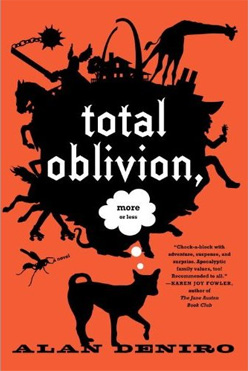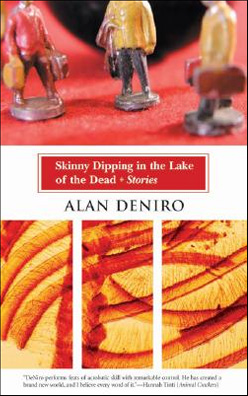The Self-Self-Referential
In an age of unending information, basing one’s work on a past of referentials can seem foolhardy (in America). One, educations are getting worse. Two, even nominally good educations will tend to miss a lot. We are no longer in medieval universities. There is little use (or should this be in quote marks?)” in including subtle references to the minor plays of Shakespeare, or to Sun Ra, or to Lorrine Niedecker. Unless your reader happens to be a specialist, even in a general sense.
And yet sometimes with this lack of utility…there can be an excess of pleasure. But it can also create despair in the writer. If the references are unheeded, then what is the use? The audience-already small-winnows.
I suppose this is also how the Decemberists got popular. Their relying on this.





Eventually all references fade into noise. In 1904 Dublin, Ulysses would have seemed as brand-name specific as Stephen King; Howard Waldrop’s pop-referentiality is, if anything, more arcane than Guy Davenport’s high-. I expect it’s a long time since anyone repeated Ezra Pound’s expectation of an uberkultur built around his personal canon. In their very different poetries, Zukofsky, David Jones, O’Hara, and Prynne all decided (were forced?) to forsake hope for even a single perfect reader. The hope is to build a beautiful true noise.
But that does make it harder to sell movie rights.
For sure…what I musing on was knowledge itself as a category of knowledge in a contemporary setting. That the need to know a reference-to have an interpretive base-is glided over. And how for some writers the very act of putting in a reference — *any* reference — is seen as a positive value in its own right and worthy of admiration, because the reference is a touchstone to a time when people actually took the time to carefully modulate their references (i.e., modernism…and postmodernism too for that matter).
Oh, I see now. Yes, the notion that referentiality is somehow something one deserves extra credit for, like the contrary notion that referentiality is somehow a sign of unoriginality, seems awfully peculiar and awfully distracting.